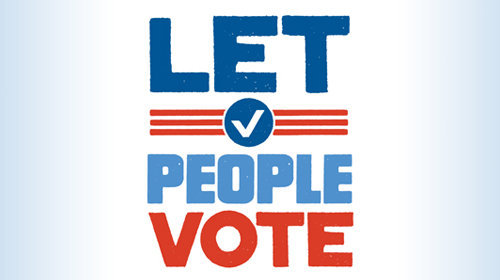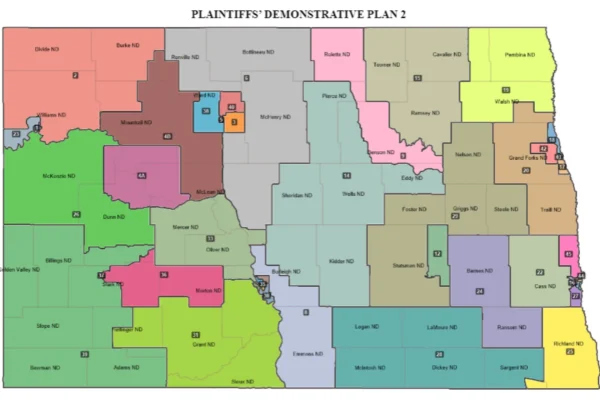
Tomorrow, the Senate Judiciary Committee will hold an important hearing entitled, The State of the Right to Vote After the 2012 Election. The timing is ripe for the committee to consider the state of our most fundamental right as citizens. Just six weeks ago, Americans went to the polls in large numbers to elect a president in spite of massive hurdles that interfered with their most fundamental right.
For many who voted this year, conditions were not ideal. Voters fought through suppression tactics, misinformation, and long lines; these conditions disproportionately affected people of color. For example, according to Hart Research Associates, African-American and Latino voters are two to three times more likely than white voters to wait more than 30 minutes to vote.
In a speech last week at the JFK Library in Boston, Attorney General Eric Holder spoke about the urgency to enact uniform federal election standards to prevent the problems and disparities in the access to the ballot from state to state that we saw on Election Day. Several of the priorities he outlined are echoed by the ACLU in its statement submitted to the Senate Judiciary Committee. General Holder noted that while progress has been made in expanding the right to vote since the passage of the Voting Rights Act in 1965, troubling circumstances persist:
The unfortunate reality is that, even today, too many citizens have reason to fear that their right to vote, their access to the ballot – and their ability to have their votes counted – is under threat. In too many places, troubling divisions and disparities remain. And, despite the remarkable, once-unimaginable progress that we’ve seen over the last half century – indeed, over the last four years – Section 5 [of the Voting Rights Act of 1965] remains an indispensible tool for eradicating racial discrimination.
Mr. Holder’s speech this year bookended the one he made last December on this topic at the LBJ Library, after which the Department of Justice brought critical Section 5 objections to repressive state voting laws.
Now is time for Congress to take action and implement new reforms to help remove other barriers to voting. We need uniform federal standards and protocols that would help stop voter suppression efforts and eliminate voter-access problems arising from the election administration process. And the public overwhelmingly supports this too – according to a study by the MacArthur Foundation, nearly 90 percent of voters support the creation of national election standards.
Specifically, the ACLU’s statement calls for several federal reforms, including the following:
- Longer early voting periods, with national standards on the number of days and hours of operation including the weekend before the election.
- Greater federal requirements on the use and criteria for distributing, casting, and counting provisional ballots. This would help ensure that every eligible voter has their vote counted, in addition to ending the confusion among state and local officials about how to handle provisional ballots.
- Increased future funding for election administration, streamlining existing resources, and providing additional poll worker training.
- Congressional passage of the Universal Right to Vote by Mail Act. Voters in many states must provide a qualifying “excuse” in order to vote by mail. The act would give all voters the choice of voting by mail by eliminating the unnecessary, burdensome, and often intrusive “excuse” requirements that some states impose on voters requesting absentee ballots. While this would just supplement, not replace, in-person voting, allowing voters this choice would help them avoid long lines.
- Congressional passage of the Democracy Restoration Act, which will re-enfranchise millions of citizens with past convictions. These Americans are living and working in our communities, but they are denied their most basic right.
It is important the Senate Judiciary Committee hold this hearing to examine barriers to voter access during the 2012 election. As Attorney General Holder remarked: “we must also acknowledge that which is historically true: that the arc of American history has bent towards expanding the franchise. This generation must be true to that more inclusive history. This is our time; it is not a time to restrict the franchise.” All the other rights we enjoy as citizens depend on our ability to vote; it is necessary that we safeguard access to the ballot for every citizen.
Learn more about voter rights: Sign up for breaking news alerts, follow us on Twitter, and like us on Facebook.
Stay informed
Sign up to be the first to hear about how to take action.
By completing this form, I agree to receive occasional emails per the terms of the ACLU's privacy statement.
By completing this form, I agree to receive occasional emails per the terms of the ACLU's privacy statement.


